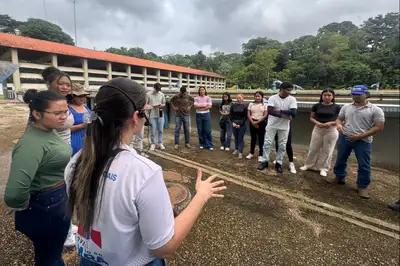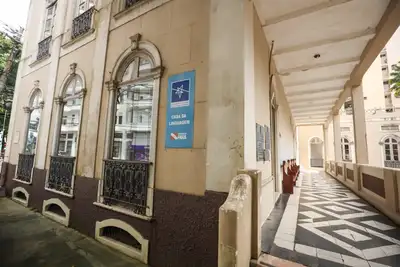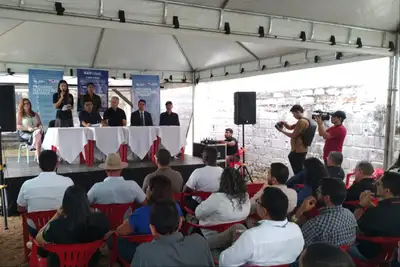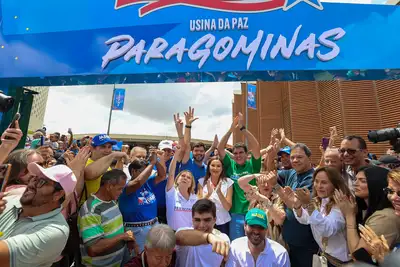Mosqueiro consolidates as a hub for accommodation and mobility for COP30
The island of Belém records increasing occupancy in hotels and receives special transportation structure guaranteed by the government of Pará and the federal government
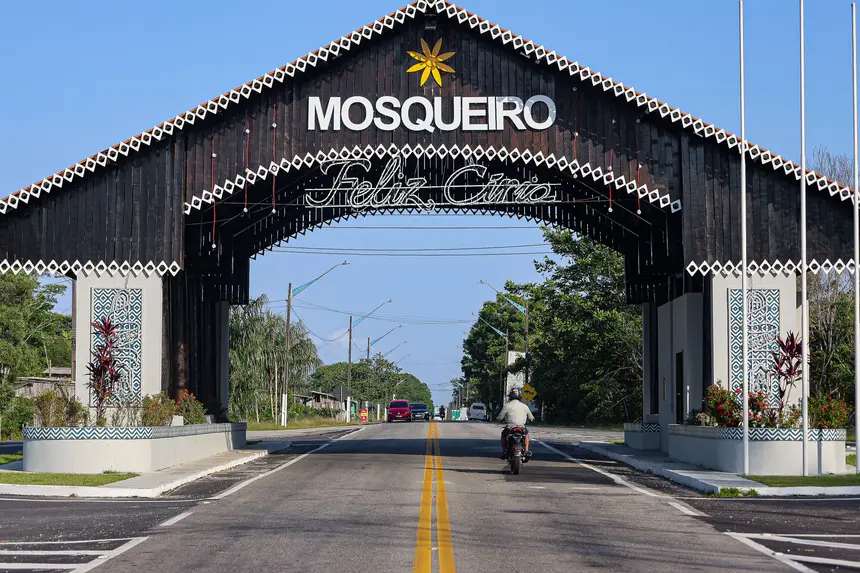
With accommodations just a few meters from the beaches and reinforced structure to welcome visitors, the island of Mosqueiro, in Belém, consolidates as an important hub for accommodation for the 30th United Nations Conference on Climate Change (COP30), which begins in three weeks in the capital of Pará. A traditional tourist destination for the people of Belém, the island will also have a special transportation system with air-conditioned vehicles to ensure the movement of participants to the Blue Zone, the main space for debates and negotiations of the conference.
According to the Mosqueiro Commercial Association (ACM), local accommodations have about two thousand available beds and already record a high booking rate. Located 70 kilometers from downtown Belém, the island has 22 freshwater beaches, dozens of restaurants specializing in regional fish, and the traditional Tapiocaria da Vila, one of the most visited spots by tourists.
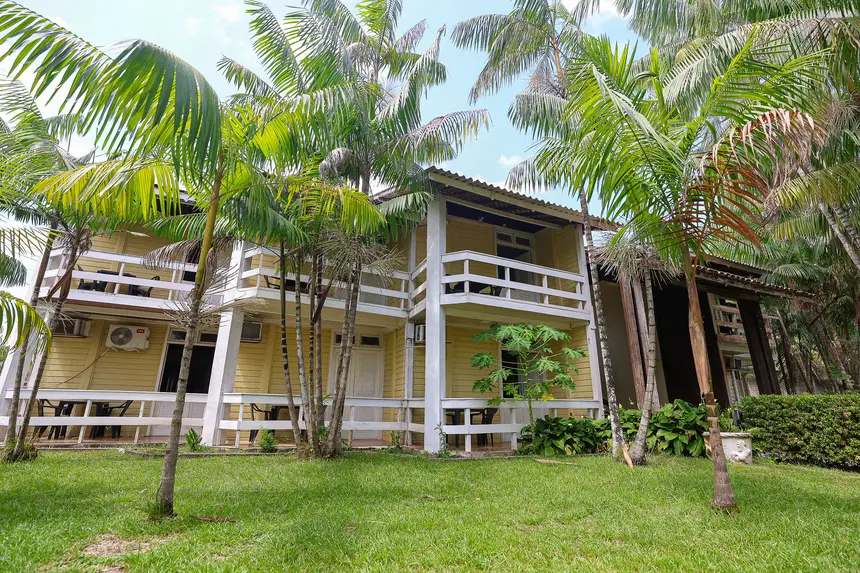
Guaranteed mobility – To facilitate access for COP30 participants, the government of Pará, in partnership with the federal government, has structured a special transportation system that will connect the beaches and villages of the island to the official spaces of the conference. Internally, Mosqueiro will have circular lines between the beaches of Paraíso and the Vila, with stops at Carananduba, São Francisco, Ariramba, Murubira, Chapéu Virado, Porto Arthur, and Farol.
In the Vila, passengers will be able to board the direct line to the Blue Zone, with a single stop at Chapéu Virado. All vehicles will be equipped with air conditioning, ensuring comfort and efficiency in transportation during the event.
High demand and local workforce – Business owners in the sector celebrate the increasing occupancy in the island's accommodations. “We have groups coming from various countries and Brazilian states. They are representatives from NGOs, companies, and even governments. We have already closed packages with participants from Madagascar, Argentina, Congo, and the southern region of Brazil,” informed hotelier Paulo Louchard, who runs a hotel on Ariramba beach and also works in the restaurant sector.
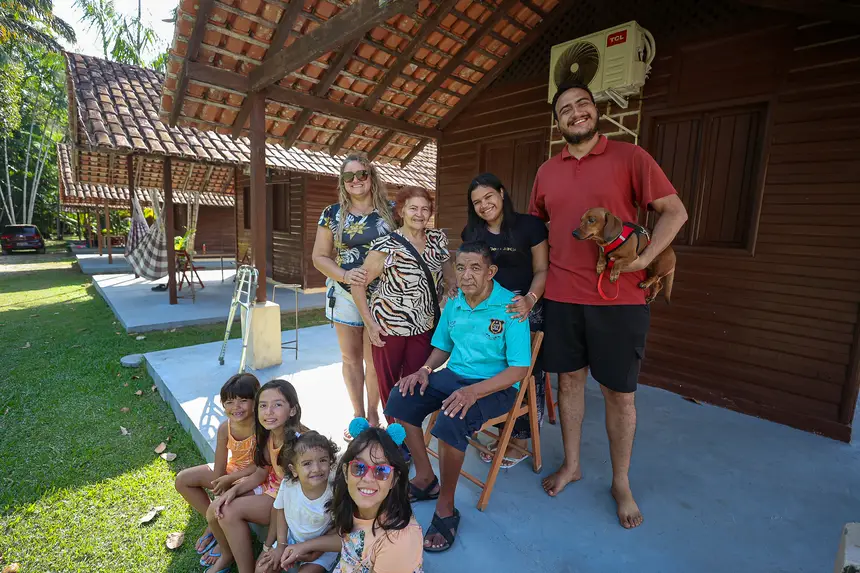
The businessman highlighted that one of the strategies to ensure reservations in advance was to make accommodations available on hosting platforms, such as Airbnb. “We have our own promotion system, but we saw the opportunity to expand the offer on other channels. We also contacted groups that have previously stayed at our hotel, including visitors from Portugal, Germany, and the United States,” he added.
According to Louchard, all 102 people hired to serve the public underwent specific training for the COP30 period and are residents of Mosqueiro — an initiative that has also been opening new job opportunities for young people on the island.
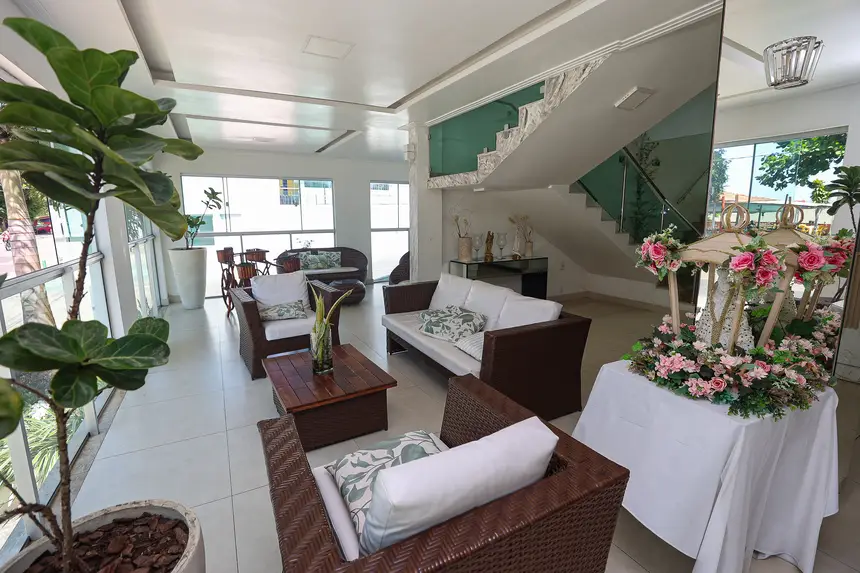
Among the young people who benefited from this demand is Ingrid Almeida, who, being fluent in English, will be responsible for attending to foreign guests at the hotel where she works. “Usually, the first contact with them is made via WhatsApp, through text messages and calls. It has been interesting because I have been practicing the language,” she said. The professional believes that the presence of COP30 participants in Mosqueiro represents an opportunity for more young people to enter the job market without having to leave the island.
Another example is Valter Ferreira, who was promoted to team supervisor at his workplace. During COP30, he will be responsible for colleagues who will serve the public in hospitality and gastronomy areas. “The company has provided various training sessions to serve tourists, especially those coming from outside Brazil who do not know the island and our cuisine,” he highlighted about the preparations for November. “Our focus is to provide good service because we want this visitor to return after the conference and bring more people,” he added.
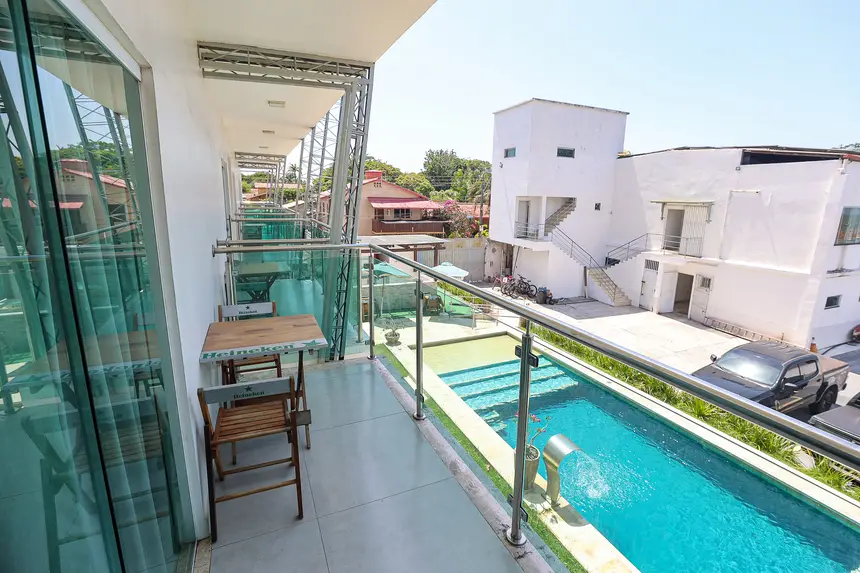
Tourism and sustainability – The owner of a hotel with more than 50 suites on Paraíso beach, Otacílio Braga bets on the concept of sustainable tourism to attract COP30 participants. A type of “farm hotel,” the space occupies an area of 30 hectares of preserved forest and offers accommodations in chalets integrated into the natural landscape. The location will be the starting and ending point of the public transport line that will operate during the conference.
“Direct contact with nature is what most enchants those who arrive at the hotel. Guests wake up to the sound of birds and can visit the free-range chicken and duck farm,” Braga highlighted. At the site, it is also possible to walk among the plantations of organic fruits and vegetables that supply the hotel and restaurant kitchen. “What we do not produce here, we acquire from family farming on the island,” the businessman assured.
In addition to contact with nature, the hotel invests in sustainable practices in daily operations. The establishment has a solar panel plant that guarantees 80% of the electricity consumed and maintains permanent training programs. “Our team undergoes constant training, and we have already conducted specific training for COP30. It is important for the staff to reinforce that the hotel already works with the sustainable agenda, the main theme of the conference,” Braga emphasized.
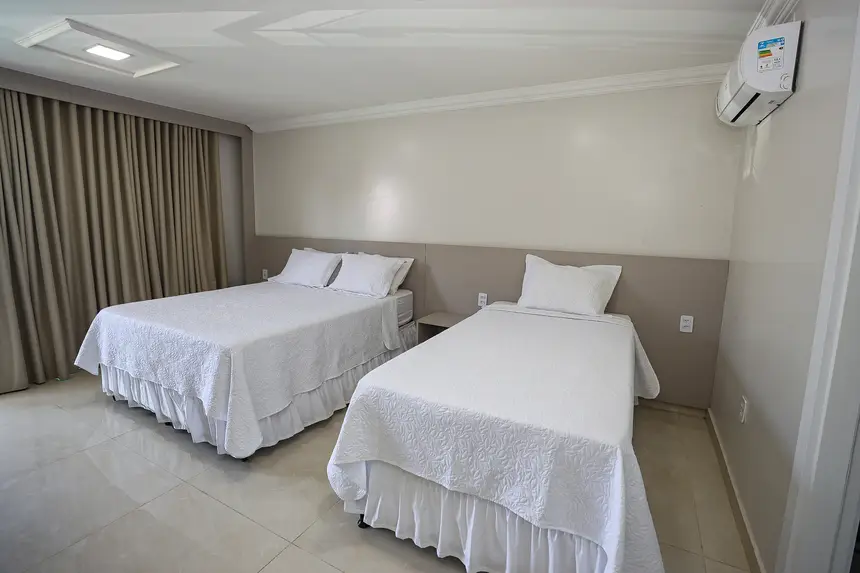
Tradition and hospitality – A must-stop for anyone visiting the island of Mosqueiro, the Tapiocaria da Vila is also preparing to welcome an even more diverse audience during COP30. The menus have been translated into English, French, and Spanish, reinforcing service to foreign visitors. “During the Círio, we already had a lot of movement, and we expect even more with the conference,” said Lulu Kethlen, an employee of “dona Neném's” stall.
At the venue, tapiocas are served with dozens of filling options, in traditional recipes passed down from generation to generation. Lulu started at the tapiocaria helping her mother and now works alongside her nephews, keeping the family tradition alive. “Our differential is the use of regional ingredients, such as cupuaçu sweet, shrimp, jambu, and Brazil nuts. Everything goes towards creating and valuing Pará cuisine,” she highlighted.



